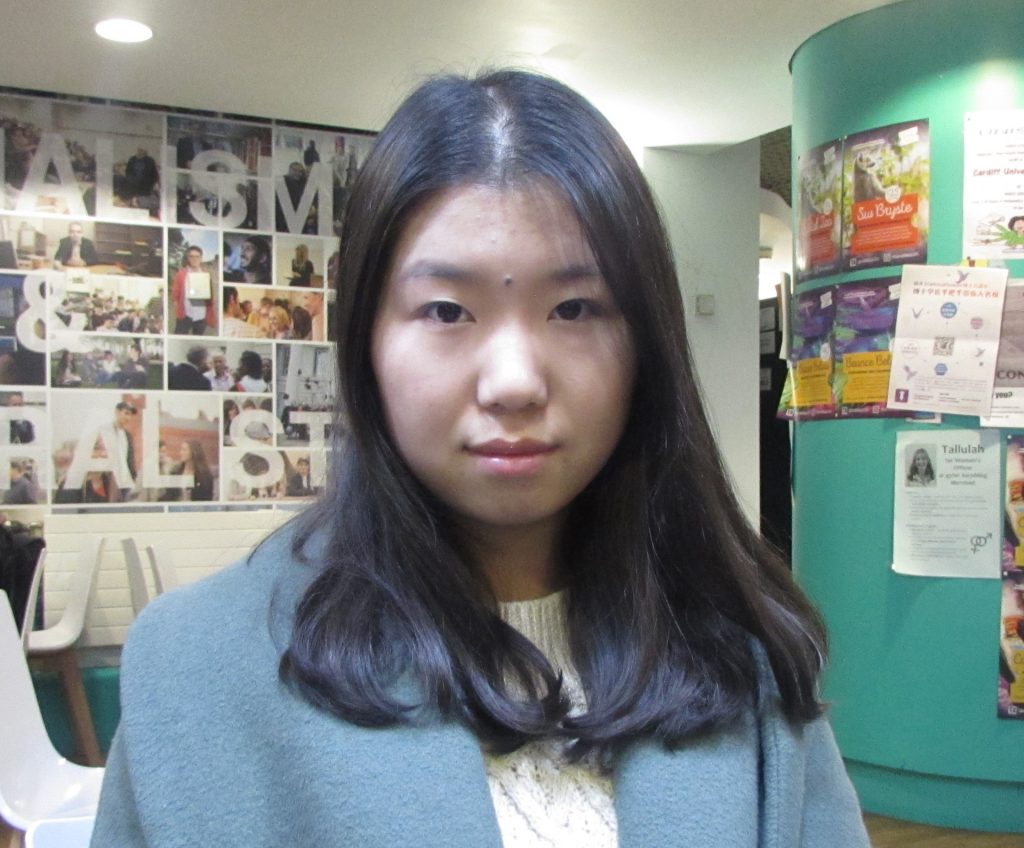How are women of different nationalities doing in their own countries in this day and age? How do they perceive their their social status? We ask the opinion of female students at Cardiff University.
International Women’s Day, the most significant event in support of women’s rights, welcomed its hundredth anniversary on Wednesday. Across the last century, countless campaigns, strikes and other actions have taken place to promote gender equality. However, disparities in women’s conditions remain not just inside countries, but across them as well.
In Germany, for instance, the initial wave of feminism came quite early compared to elsewhere (at the end of 19th century). As a result, the situation for German women is quite good. Nevertheless, some problems persist.

“According to laws and regulations, gender quality is guaranteed,” says Darya Schlaich. “However, I got 2€ per hour less than my male counterparts when I worked as a waitress for students job service five years ago. And the guys told me they wouldn’t be doing this job if they didn’t get [at least] that much money.”
Thankfully, the German government is actively trying to eliminate enduring pay gaps. Besides, many males in Germany have dropped traditional views and root for gender equality. “Some of my friends’ family modes are different from the stereotypical ones,” Darya adds. “Their dads are responsible for household chores and raising children while their mums are the breadwinners.”
But elsewhere in the world things aren’t as rosy. Take Sudan: Since 1989 women in the country lost most of the rights they achieved by decades of fighting. Their rights of moving around, travelling and other issues have been taken away, according to XXXX Salma Elhag.

“Female genital mutilation is still legal in Sudan, and the percentage of women who have had this cruel torture is 95%, which is one of the highest around the world. [And] women in war areas are more likely to face a significant amount of violence.”
In the era of military Islamic government, societal turmoil across Sudan gets every citizen involved. “Our male counterparts are under oppression too, but they can still manage to find a way to enjoy their privileges. The whole society is misogynistic. The only countermeasure is changing the present government into a democratic one. [Then], the laws against women rights will get abolished.”
In China, the women’s social status has seen improvements over the past few years. Many youths are no longer instilled with traditional notions, and they will come forward to defend women rights when faced with cases of gender discrimination. Heated discussions on social media are a case in point.

Nevertheless, Chinese student Hanyu Zhang says, “women still encounter barriers in job-hunting, promotion, education and other social activities. Most of them even barely notice they are treated unequally. [As for] marriage, there are still a considerable number of women forced by their families to get married early”.
At this point, the situation of women in China takes on a polarized appearance. It seems unrealistic to simply wipe out ingrained traditional values, but on the other hand, some find that the young generation imbued with feminist thinking tends to dive into extremes.
“Feminism in China is often considered to be a negative term, as feminists are too sensitive and hysterical when it comes to some plain issues,” Hanyu says. “So feminism may incur criticism sometimes.”
Brazil is yet another country with a complicated situation. Women nowadays enjoy the same education rights with their male counterparts, thanks to the relatively long-term compulsory education.

“People under 18 years old are all requested to attend school regardless of their gender,” says Rafaela from near São Paulo. “However, the phenomenon of objectifying women is still prevailing in some parts of Brazil. From what I heard, many women have been exposed to harassment in my country.”
Sumedha Pal, from India, casts some light upon her country – as well on global feminism.

“Women globally are considered a weaker sex, they’re denied opportunities in many areas – in India too. Our male counterparts should help with promoting gender equality. Besides, we [first] need to get a better understanding of what feminism really is.”
Although movements for women’s rights have been on for a century, there are still plenty of problems waiting to be solved. Gender equality calls for more efforts to facilitate its improvement.
